
I read a lot. Some of the books I read are worth reading, others not.
Sir Francis Bacon, an English philosopher and statesman, advised:
“Some books are to be tasted, others to be swallowed, and some few to be chewed and digested.”
I add that some books should not even be tasted—that is, not read at all.
Let me tell you about some books I read in 2020 and my brief thoughts.
Man’s Search for Meaning by Viktor E. Frankl (first published in 1946).
Frankl relates his experiences as a Jewish prisoner in a Nazi concentration camp. He observed that “those who have a ‘why’ to live, can bear with almost any ‘how.’”
This little gem is one book “to be chewed and digested.”
The Jesus I Never Knew by Philip Yancey (1995).
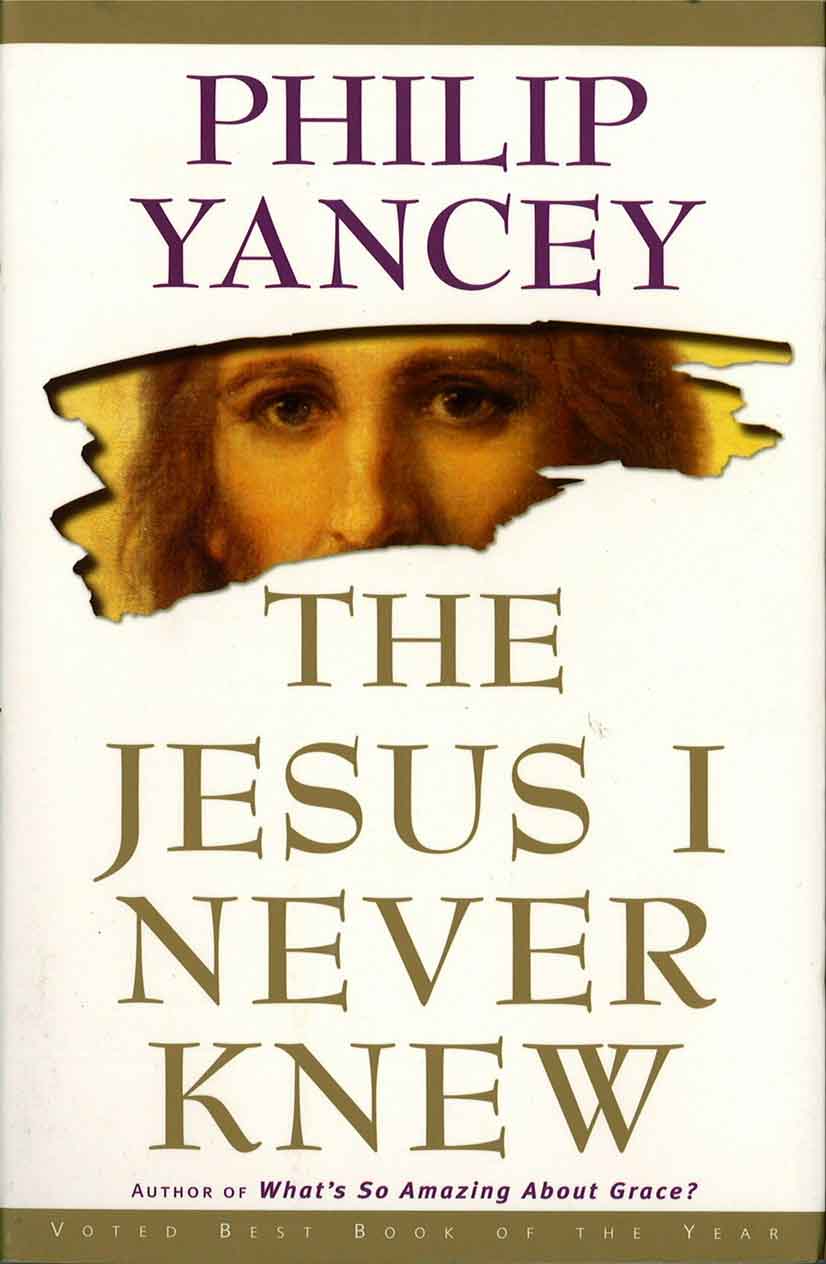
This is another book that I intended to read for a long time. One reason why I hesitated was that I disagreed with some of Yancey's other books. One such book was What’s So Amazing About Grace, which was so ‘off.’
Not so with The Jesus I Never Knew, which is thoroughly biblical, insightful, and refreshing.
Barth for Armchair Theologians by John R. Franke (2006).
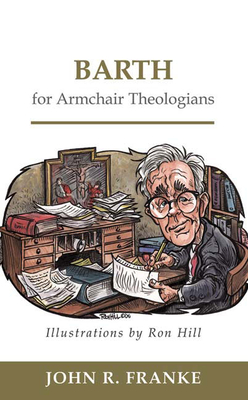
Karl Barth was one of the foremost Christian theologians of the 20th Century. His work emerged from the darkness of liberal theologies prevalent in the period leading up to World War 1.
Franke provides a very readable access to Karl Barth's important works, which view everything through the lens of Jesus Christ.
Telling the Truth—The Gospel as Tragedy, Comedy, and Fairy Tale by Frederick Buechner (1977).
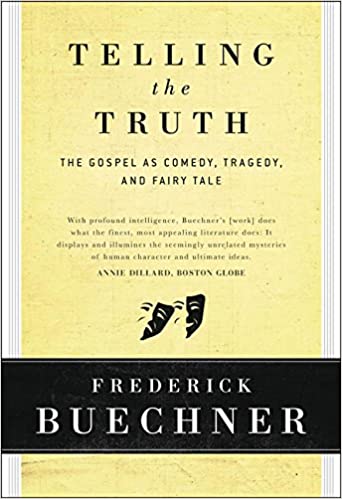
If I gave a detailed analysis of this book, it would only anger Buechner fans.
In his desire to be artistic, Buechner has only succeeded in reducing the wonderous Gospel story to a piece of outdated and tawdry 20th C. Americana.
The book is not all bad; it is just not good enough to invest your time and energy.
The Openness of God: A Biblical Challenge to the Traditional Understanding of God by Clark H. Pinnock and others (1994).
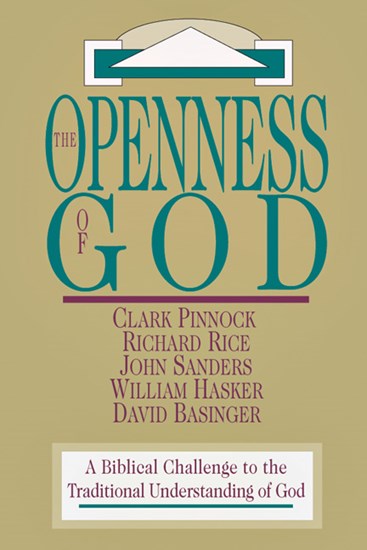
Sometimes we need to read books that will challenge our status quo. The challenge may confirm or change our understandings and beliefs in good ways. For me, this is one of those books.
The premise is that “The will of God … is not an irresistible, all-determining force” (38). In some ways, this book went too far.
My position is that God’s purposes will not and cannot be frustrated or defeated. This invariable reality still allows for genuine human free will—even to the extent that God does not know (some of) the future.
This book should be read critically with biblically-grounded conversation partners.
Fools Talk: Recovering the Art of Christian Persuasion by Os Guinness (2015).
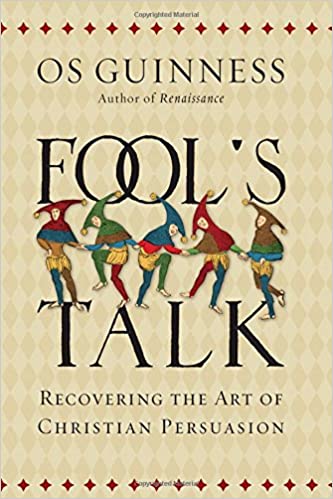
Guinness’s books are consistently well-written, thoughtful, and thought-provoking.
All Jesus-followers should be well-informed, intelligent, and gracious apologists who “witness to the reality of the ultimate Presence in the universe” (45).
This book is not about techniques. It is chock-full of practical insights and wisdom that confront (among other things) “the spreading cowardice and compromise within the church today” (211).
Paul: A Biography by Tom Wright (2018).
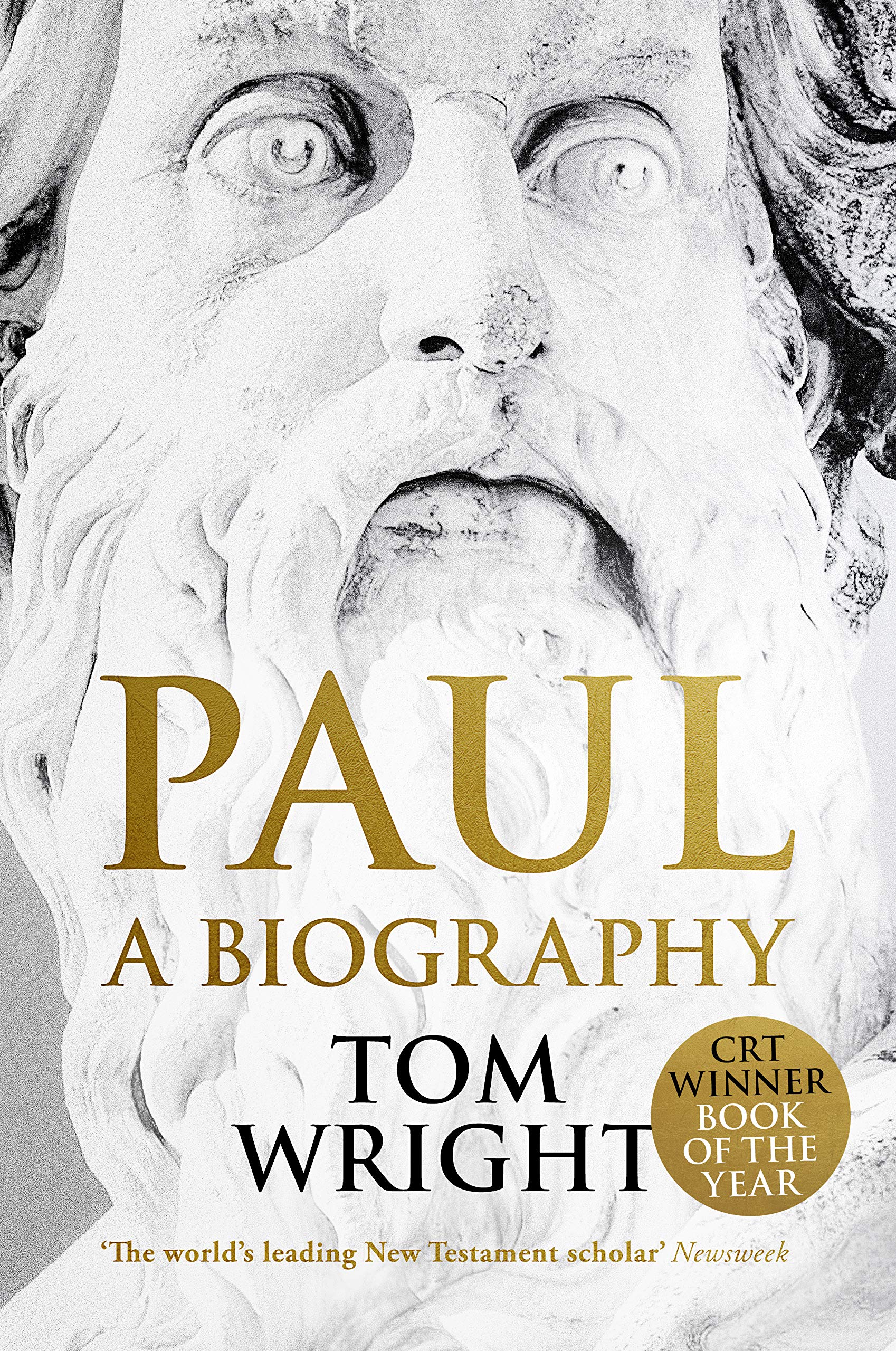
N. T. Wright is one of the world’s current authorities on the apostle Paul.
This biography is a romping good read that examines and illuminates Paul’s life while bringing alive the settings and issues for each of his letters.
From Dawn to Decadence: 500 Years of Western Cultural Life (1500 to Present) by Jacques Barzun (2000).
This book is a lengthy and challenging read that identifies and examines Western culture's many themes from the beginning of the Enlightenment to the end of Modernity.
Barzun, who taught for decades at Columbia University, published this work when he was 93 years old. I was amazed at his width of knowledge and depth of understanding.
Dawn to Decadence is a worthwhile read for those interested in Western culture—where it came from and where it is going.
The Suffering of God: An Old Testament Perspective by Terence E. Fretheim (1984).
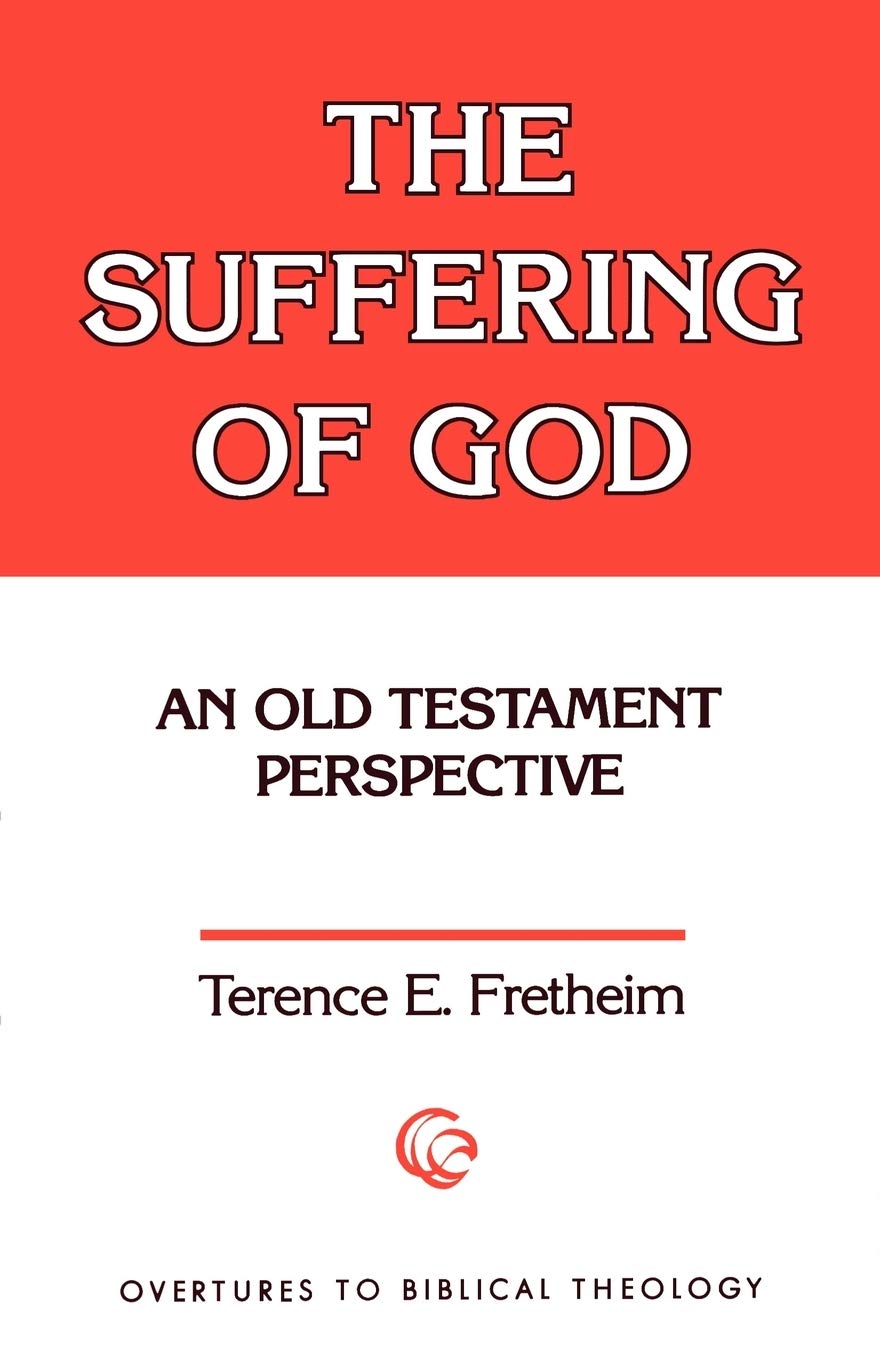
“… virtually all of the language used in the Bible to refer to God is metaphorical” (5). Fretheim examines the “reality depicting” aspects of those metaphors and their limits.
Fretheim’s careful exegesis of the Old Testament offers a view of God who is affected by humans (e.g., he is grieved by our sins), compassionate beyond belief, and has an “eagerness for intimacy” (118).
For me, this is another of those books to be “chewed and digested.”
I also remind you of two full book reviews written in 2020. Here are those two titles and their links:
The Unseen Realm: Recovering the Supernatural Worldview of the Bible by Michael S. Heiser (2015).
Washed and Waiting: Reflections on Christian Faithfulness & Homosexuality by Wesley Hill (2016).
Let me know what you have been reading together with your assessment.
What do you recommend I put on my reading list for 2021?
FORWARD TO Some Books Read in 2021
Photo Credit: rita_dem via Compfight cc
Click "yes" to receive resource-rich newsletters.
Helpful resources provided to 'living theology' subscribers.
YES!